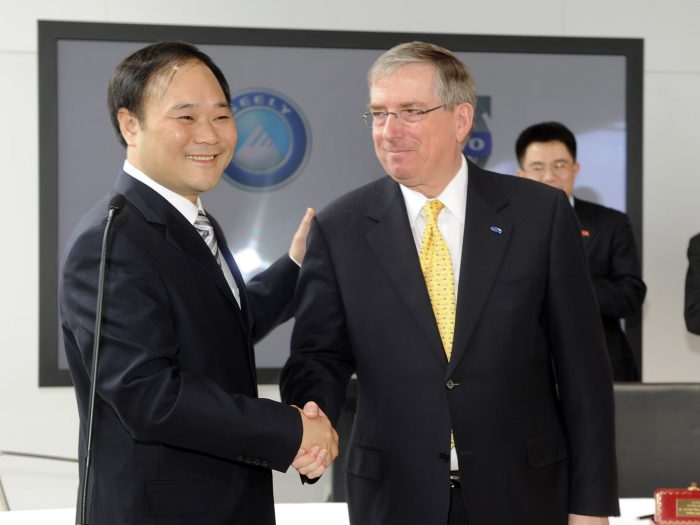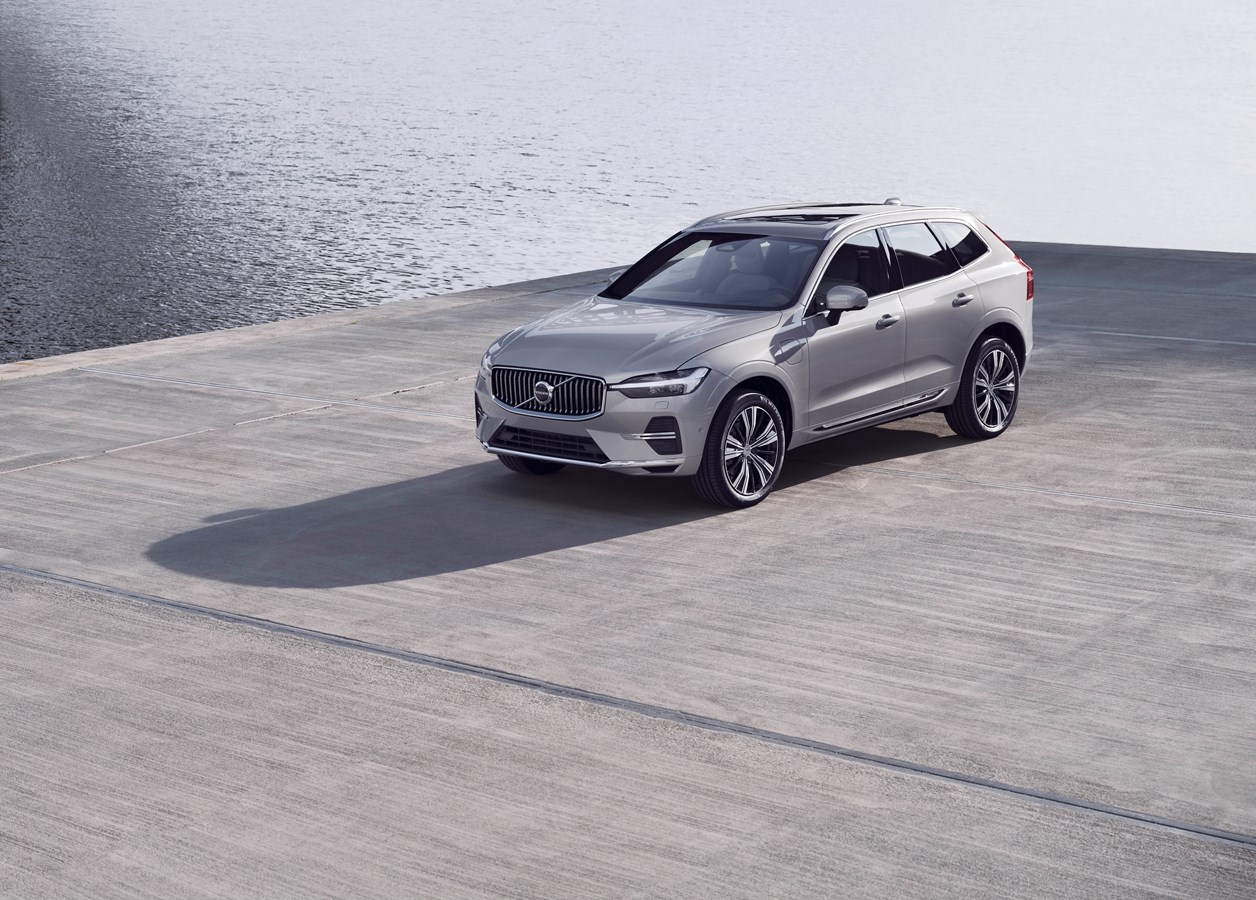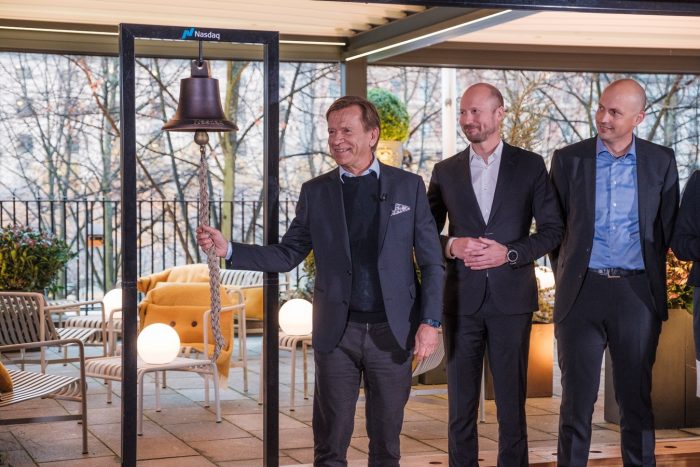When Geely approached Ford to buy Volvo in 2010, it was met with mixed reactions. After 11 years of successful cooperation, people’s opinions have changed.
While the Group’s history spans 35 years, one of its biggest moments has been the acquiring of one of Europe’s most prestigious car brands. When Geely first approached to buy Volvo, people were skeptical, even a little dismissive. 11 years later, the Geely-Volvo relationship is one used as a case study for successful cross-cultural business cooperation.
In the wake of the Group’s 35th birthday, we spoke with Lars Danielson, who at the time of the Geely-Volvo deal was the General Manager of the Volvo Cars’ home plant in Gothenburg, Sweden. We hear what he had to say about the approaching Geely deal and how things went for the brands in the years that followed.

Lars Danielson
How did you feel Volvo was doing before the 2010 acquisition by Geely?
After the financial crisis, the automotive industry was facing a great amount of difficulty – this was true for Volvo as well. Even more importantly, we had not renewed our product lineups so we were suffering from an ageing product line.
We were informed by the Ford leadership that Volvo, Jaguar-Land Rover and Aston Martin, were up for sale and we were told that Geely was the preferred buyer of Volvo Cars.
What did you know about Geely before the deal?
I remember the first time I was introduced to a Geely, at the Detroit Auto Show in January 2008. I spent a full day with my colleagues benchmarking Audi, BMW, Mercedes, Lexus – you name it – and at the end of the day, we said “maybe we should pay a visit to the basement to see the Chinese OEMs”. Geely was there with one car, and not a particularly impressive one, and if anyone had told me at that time that this company would acquire Volvo Cars in two years …I wouldn’t have been able to imagine that.

As the deal came about, what were your impressions of the company and its Chairman, Eric Li?
As is normal, most of the Volvo employees had concerns and questions: “What can Geely, and Eric Li, offer to Volvo?” As a company, what can Geely offer in terms of technology? Of course, this perspective changed over the years because Eric Li and the Board made some very important decisions that changed the direction of Volvo Cars: Firstly, to invest in a new product lineup. The decision was then made to invest 11 billion USD in new products.
On top of this, being a Chinese entrepreneur, Eric understood the importance of the Chinese market, so he also launched the “China Growth Plan”. I was involved in building up our manufacturing footprint here with factories in Chengdu, Deqing, Zhangjiakou and also later in Luqiao.

The Volvo XC60, based on SPA Architecture
How have things changed in the 11+ years since the deal?
For Volvo, it has been extremely important to have an owner with a long-term perspective of the business and who is willing to invest in the Volvo brand. This has been very important and has also paid off greatly. I think it’s also important to talk about the Geely Group and the fantastic change that has been done by the Geely team. Together, based on the CMA platform, we developed and launched Lynk & Co (a JV between Geely Auto and Volvo) very successfully in China and it is now growing in Europe. There are new brands like the pure electric premium brand Polestar and ZEEKR as well. The Group is a night and day difference between now and then.

Volvo Car is listed in Stockholm, Sweden
How do you see the future for the Group? How do you think things will change?
The automotive landscape has changed a lot over the past years and there is a big transformation going on in the industry. I strongly believe that Geely Group is very well positioned for the future and am also of the opinion that Geely Group will be one of the most successful brands over the next 10 years in the automotive industry globally.
What can others in the industry learn from the Geely-Volvo relationship?
The first time we met with Eric Li in Gothenburg in 2010, he made a very famous statement where he said: “Let’s release the (Volvo) tiger from its cage.” At the time, not many people understood what he meant, but over time he demonstrated that he had trust in the Volvo team and so empowered them to make decisions regarding the future of the company. This has proven to be much more effective in turning around a company when compared to detailed policies and controls.

The ZEEKR 001, the car of the future
35 years in the automotive is not a long time. Starting without a long legacy has its disadvantages, but in this disruptive and transformative industry, this can be a competitive advantage. To be agile, and move faster than others – these are key for being successful in automotive.
To keep up to date with everything happening in Geely Group, sign up to our newsletter.


